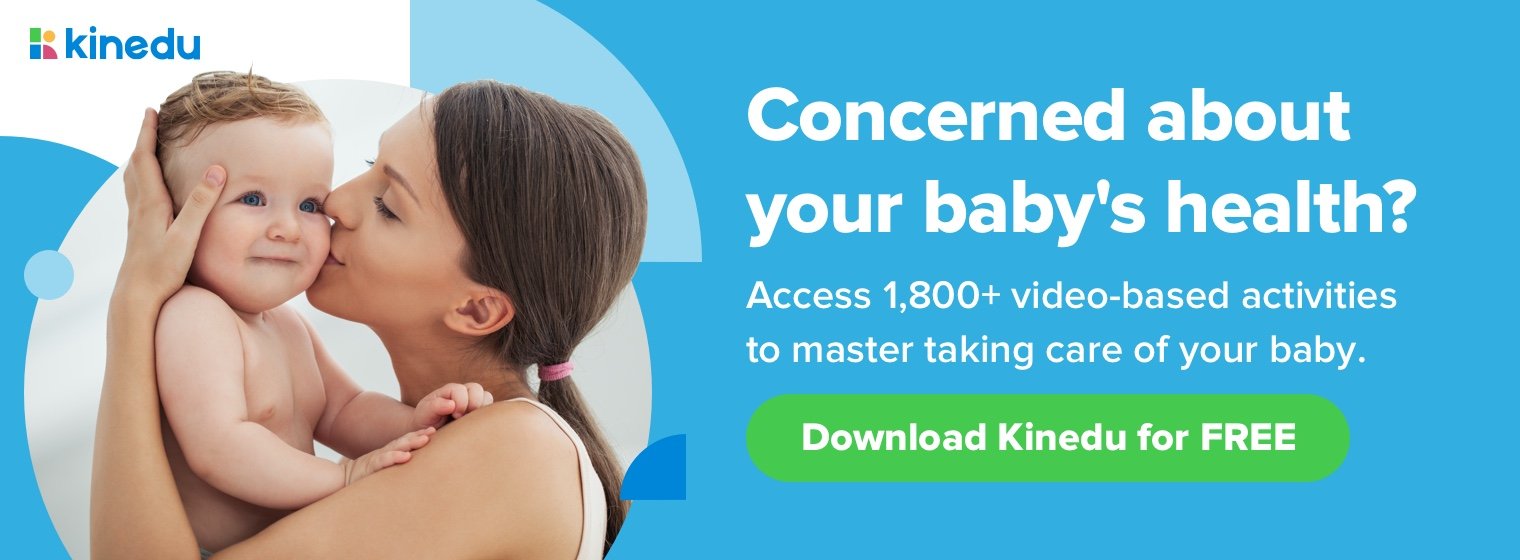Popcorn, despite its wholesome experience, poses a significant choking hazard to young children. According to pediatricians and child safety experts, popcorn is among the top choking hazards for children under four years of age. The risk arises from its unique texture and size: unpopped kernels or partially popped pieces can get stuck in a child’s throat, and the lightweight, irregularly shaped popped pieces are tricky to chew properly.
What Are the Recommendations Considering the Children’s Age?
Under 4 years old: Popcorn is not considered safe. Young children’s airways are smaller, and they may lack the chewing coordination needed to break down this snack adequately.
4 years and older: Once children are older and have developed better chewing skills, popcorn can be introduced cautiously. Even then, adult supervision is recommended.
Dr. Gigi Chawla, a pediatric expert, advises parents to always err on the side of caution. She notes that children’s airways are about the size of a drinking straw, making small, hard foods like popcorn particularly dangerous.
Alternatives for Younger Children
If your toddler wants to join in on snack time, consider safer alternatives:
- Puffed snacks like puffed rice or baby-safe crackers.
- Soft fruits such as banana slices or steamed apple slices.
- Mini sandwiches or cut-up soft cheese cubes.
Pros and Cons of Popcorn for Children
As children grow older and are better equipped to handle popcorn, parents might wonder: is this snack healthy? Let’s weigh the benefits and drawbacks.
Pros of Popcorn for Kids
- Nutritional value: Popcorn is a whole grain, rich in fiber, and low in calories, making it a healthier alternative to chips or sugary snacks.
- Customizable: It can be made healthier by using minimal salt and avoiding butter or sugar-based toppings. Air-popped popcorn is particularly nutritious.
- Shared enjoyment: As a family snack, popcorn can create bonding moments during movie nights or celebrations.
Cons of Popcorn for Kids
- Choking hazard: As mentioned, the risk of choking is a primary concern, especially for kids under four years old.
- Additives: Many store-bought popcorn varieties contain unhealthy additives like excessive salt, artificial flavors, or trans fats.
- Hard kernels: Even for older kids, unpopped or partially popped kernels can pose dental risks or cause discomfort.
Tips to Minimize Risks
- Always supervise snack time, especially with foods like popcorn.
- Serve popcorn in small portions and remove unpopped kernels before serving.
- Avoid offering flavored popcorn with high sugar or salt content.
In conclusion, popcorn is a wholesome snack for older kids but poses a choking hazard for children under four due to their undeveloped chewing and swallowing skills. For more expert guidance on child development and safety, explore our on-demand catalog.









